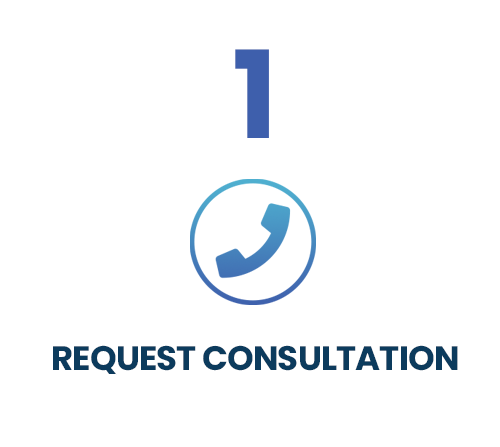Are you struggling to improve your business’s online rating despite providing exceptional service? Unsure of how to acquire Google reviews, or how to increase your Google rating? Maybe you need consumers to leave positive reviews? In our inaugural vlog, we will discuss:
- Why it is important to pay attention to Google reviews
- How to implement a positive review process
- How to address negative reviews
Pay Attention to Google Reviews
When it comes to online reviews, Google Reviews can have a drastic impact on your business. It’s the online review platform that everyone is paying attention to. There are other review platforms out there, such as Yelp, Health Grades for healthcare, or Avvo for legal, but at the end of the day, Google trumps them all.
Consumers are making decisions every day regarding who to do business with based on the reviews of the providers that they are considering. If your business has less than four stars, you’re losing business. If you’re neglecting to respond to negative reviews, you are losing business. Even if you have satisfied customers — guess what — you’re losing business by not soliciting them to leave positive reviews.
Implementing a Positive Review Process
Generating positive reviews doesn’t always have to require a complicated strategy. It can be as simple as asking a customer in person or by phone if they are satisfied with the service that you are providing. If they say “yes,” ask if they could take a minute to leave a review for your business on Google; it’s as simple as that. Ideally, you want to have a strategy or process in place to consistently solicit positive reviews from your clientele. But just getting started by asking for reviews is the best thing you can do right now so that you can begin accumulating those all-important four and five star reviews.
Address Negative Reviews
Your business should never have unaddressed negative Google reviews – this gives off the perception that your business does not care about satisfying its customers. If you have a negative review that has not been responded to, go ahead and address their concerns. Do not engage them in a negative manner. Just address the review and let them know that you hear their concerns and want to resolve the issue offline. This is ultimately the goal: take the conversation offline.
In my past experience, I’ve seen instances where we respond to negative reviews on behalf of a client which in turn helps with public perception and lets people know that they care about what customers think. In the interim, our client is communicating with that unhappy customer offline, which ultimately leads to that once poor review being changed from a one star review into a five star review. This is done by simply asking the customer what they were unhappy with and helping them resolve the issue. Often, upon seeing that the client cared, the customer will change their negative review all on their own.
In summary, if you’re not already managing Google reviews or even paying attention to them, start doing so because it is affecting your business. If you do not have a procedure in place to attain positive reviews, start one by simply asking satisfied customers to do so and build from that. Respond to any negative reviews you may have in a neutral fashion and take the conversation offline in the hope that they remove the review on their own or even change it to a higher rating.













